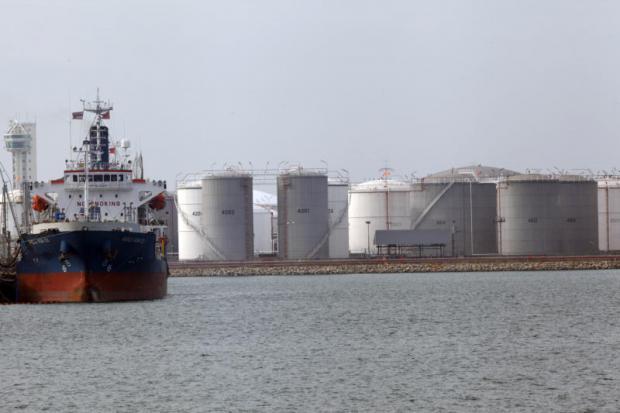Thailand: Push for foreign investment
To achieve its target, the government plans to issue three new laws known as BoI Plus to grant greater privileges to new investors, writes Lamonphet Apisitniran
Investment remained a government priority in 2016, mostly through strong promotion by the Board of Investment (BoI).
The government plans stronger investment promotion in 2017, plus legal amendments and new regulations to promote foreign investment.
Deputy Prime Minister Somkid Jatusripitak increased the 2016 target for foreign investment value from 450 billion baht to 550 billion, forcing the BoI to work harder and hold more overseas roadshows. The target appears to be within the BoI’s reach.
In the first 11 months of 2016, total investment value of applications to the BoI reached 500 billion baht, with an additional 24.5 billion expected in December.
Investment approved by the BoI included steel cord manufacturing, petrochemicals, aviation, logistics and land development in industrial estates.
Prime Minister’s Office Minister Suvit Maesincee says Thailand is on track to change from a middle-income to a high-income country by promoting new investment in 10 targeted industries under the heading…
The targeted industries comprise: automotive and auto parts, including electric vehicles; smart electronics; affluent, medical and wellness tourism; agriculture and biotechnology; food; robotics for industry; logistics and aviation; biofuels and biochemicals; digital; and medical services.
All of the targeted industries will focus on added valued to products through advanced technology and innovations, which means Thailand needs investment in those areas.
The government has insisted it will continue to support new investment in the 10 targeted industries, such as robotics, logistics and aviation, and the digital sector.
Apart from investment promotion in the targeted industries, the government is also promoting small and medium-sized enterprises, focusing on SMEs that use innovation to help cut costs and new startups.
The plan to promote new SMEs and startups is aimed at encouraging young entrepreneurs to start innovative businesses that create added value and use online marketing to help cut labour costs. The government will also continue to push new investment in huge infrastructure projects, especially along the Eastern Economic Corridor (EEC), its new flagship initiative that is expected to play a major role in supporting the economy.
As a result, the plan to develop the EEC and promote special economic zones (SEZs) are the top agenda items for the Industry Ministry in 2017.
“All these projects will be major engines to transform Thailand through Industry 4.0, helping raise new investment to reach the target of 600 billion baht next year,” Mr Suvit says.
The EEC project is expected to help increase investment in eastern Thailand, where there is strong potential to create technology transfers that will improve industry. The project is also expected to create demand for logistics and warehouse solution services, new business areas that will create jobs and support the domestic economy.
The government started promoting the EEC in 2016, when the cabinet approved a new law to govern it. The construction of infrastructure and related facilities in the corridor are expected to start in 2017.
The EEC will link with aviation business firms at U-tapao airport in Chon Buri, which the government wants to set up for industrial expansion.
For SEZ projects, the government policy is promoting investment in industrial estates expected to be developed in border areas. The goal is to create investment and jobs in remote areas and increase exports to neighbouring countries, where demand is expected to be strong in line with their growing economies.
The scheme began in 2015 but progress has been non-existent because the projects spurred land price speculation in some areas, while others met with opposition from local communities.
Mr Somkid says the BoI must adjust its strategy to attract more foreign investors, focusing on investment that matches the Thailand 4.0 concept as well as in the EEC.
He says all 14 BoI offices abroad should rev up their plans to attract more investors, particularly in targeted countries such as Japan, China, India, South Korea and Singapore.
“The EEC project should help attract more foreign investors to start investing here,” says Mr Somkid. The EEC is designed to accommodate the 10 targeted sectors.
To achieve its investment value goal, the government plans to issue three new laws known as BoI Plus that would grant greater investment privileges to new investors.
New privileges include a tax exemption period expanded from eight to 13 years. New laws are expected to be issued in the coming years to promote investment, including one increasing competitiveness, another developing SEZs and another promoting the EEC.
The BoI projects investment value in 2017 of 600 billion baht, beating its target of 550 billion in 2016 and well above 480 billion in 2015.
Of the expected 600 billion baht in 2017, some 200 billion in investment value is projected to come from petrochemicals and targeted high-tech industries that align with Thailand 4.0, says the BoI.
Source: http://www.bangkokpost.com/business/news/1171317/push-for-foreign-investment


 English
English




